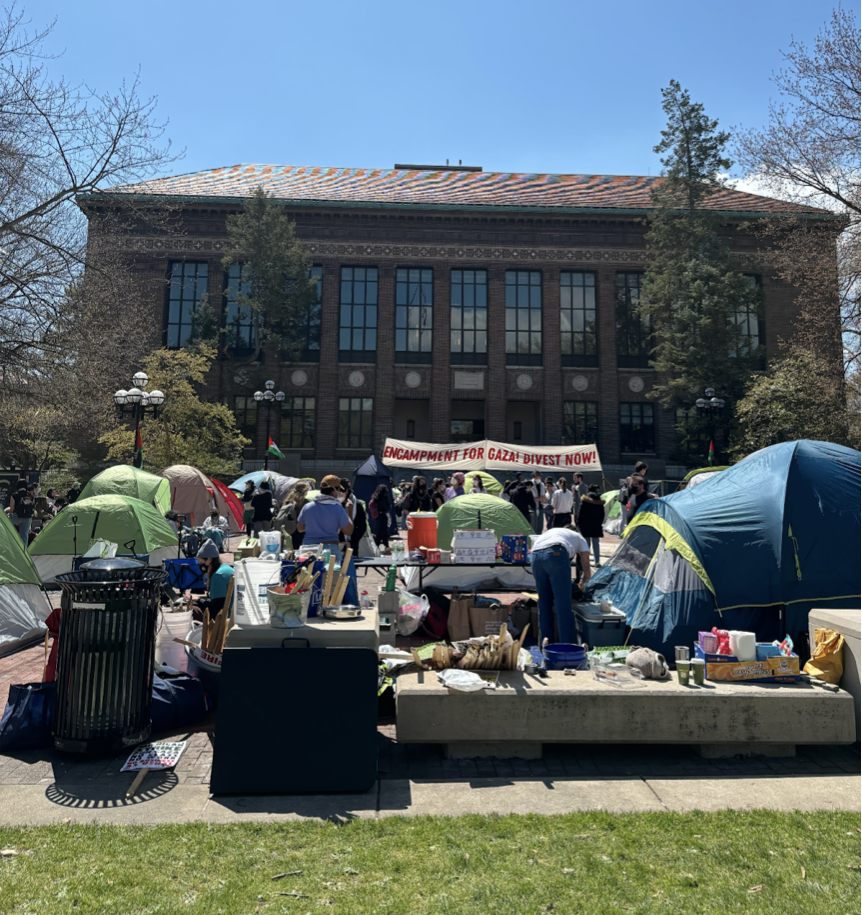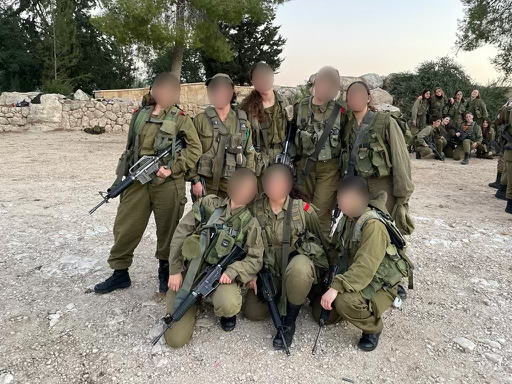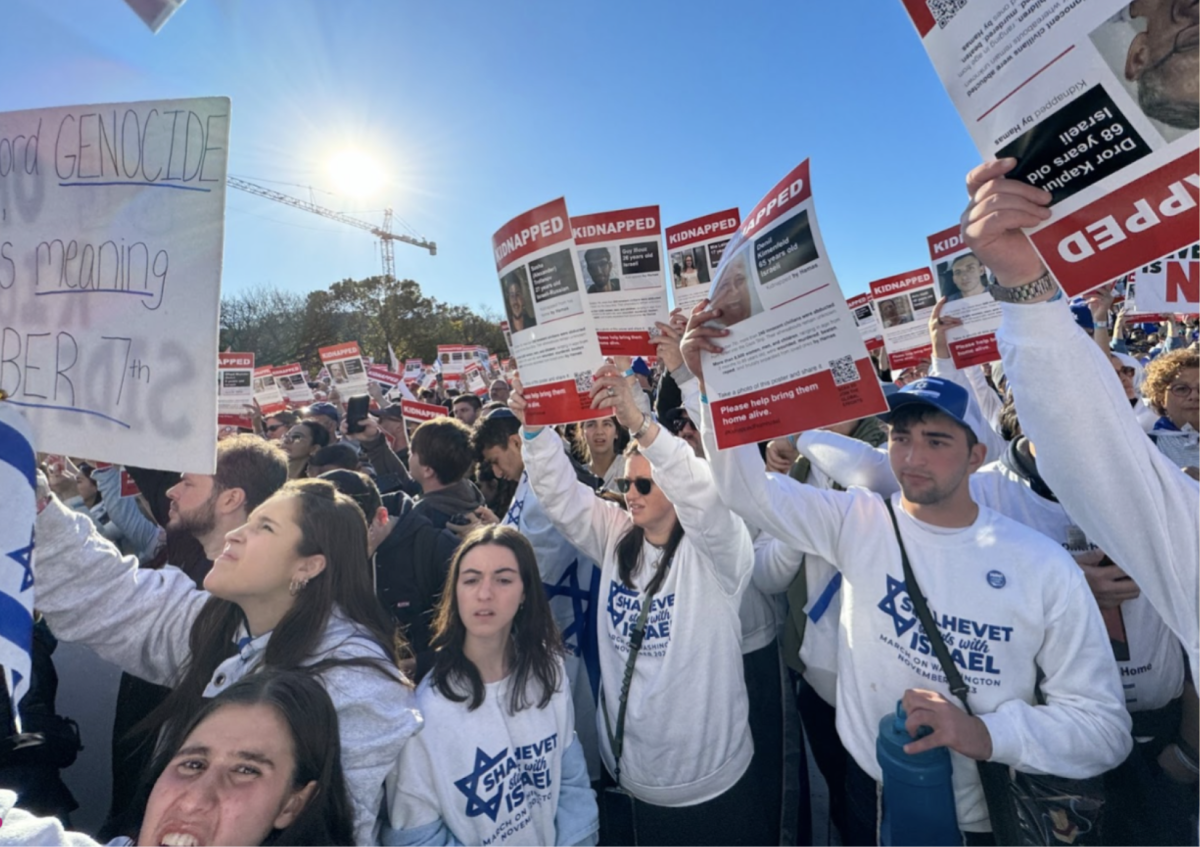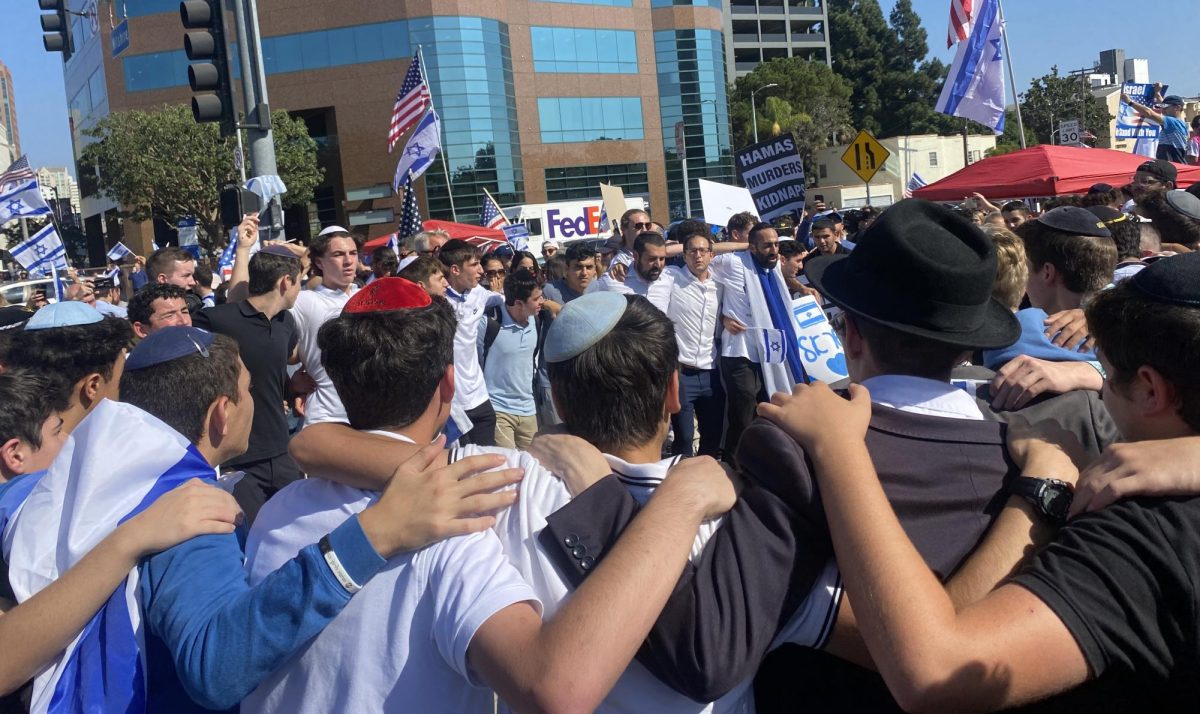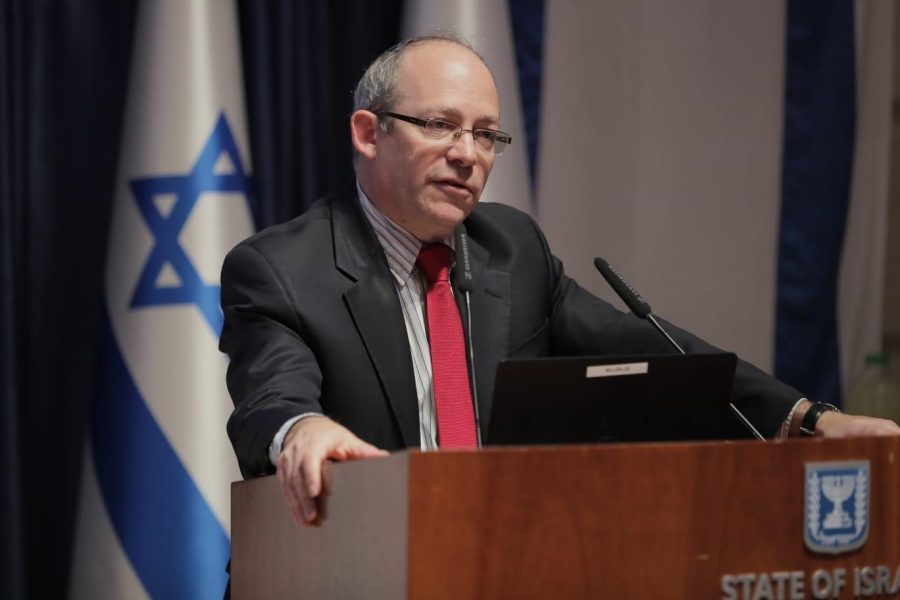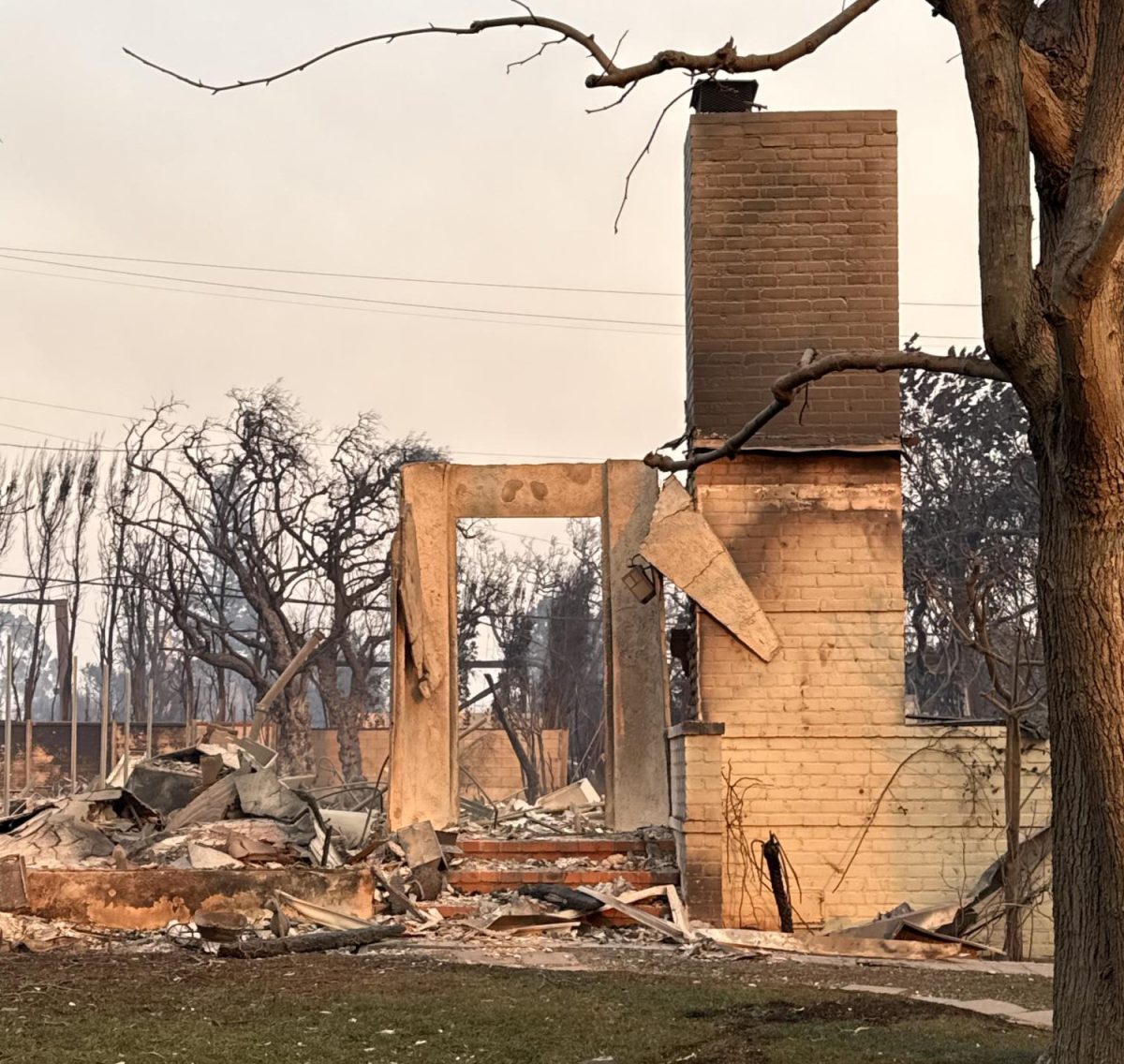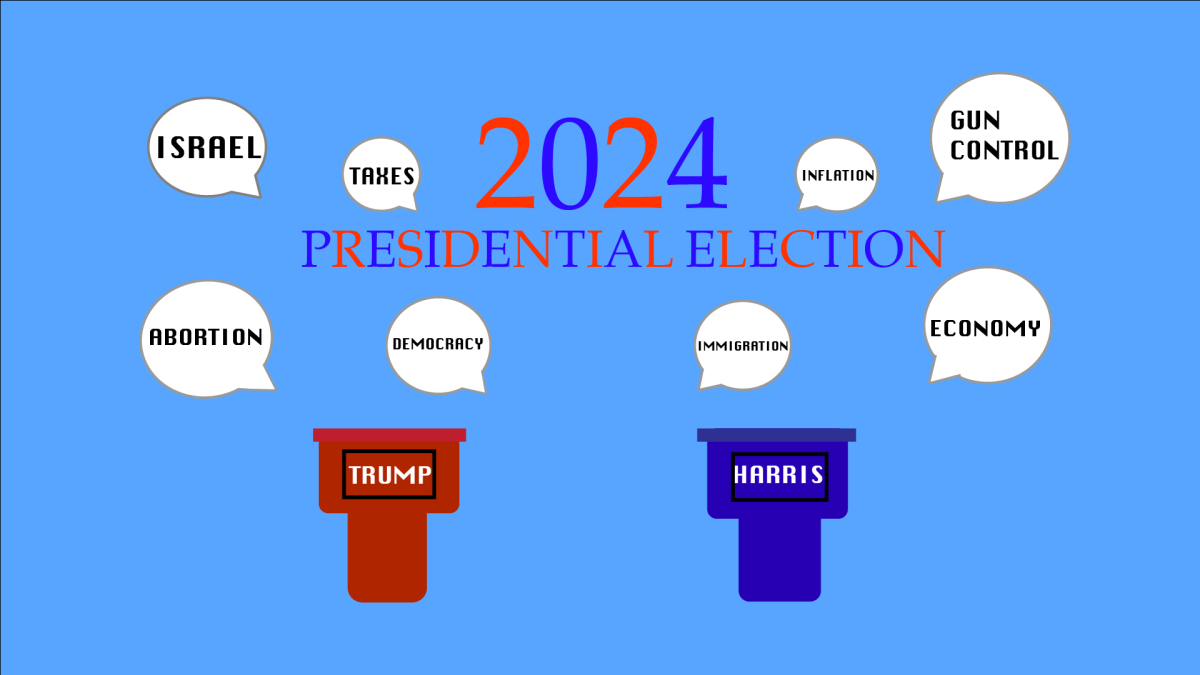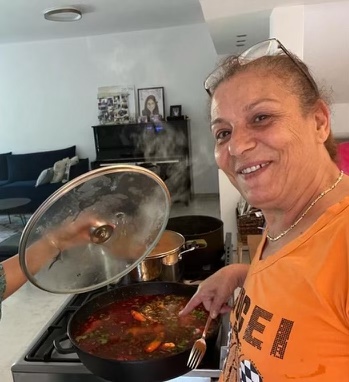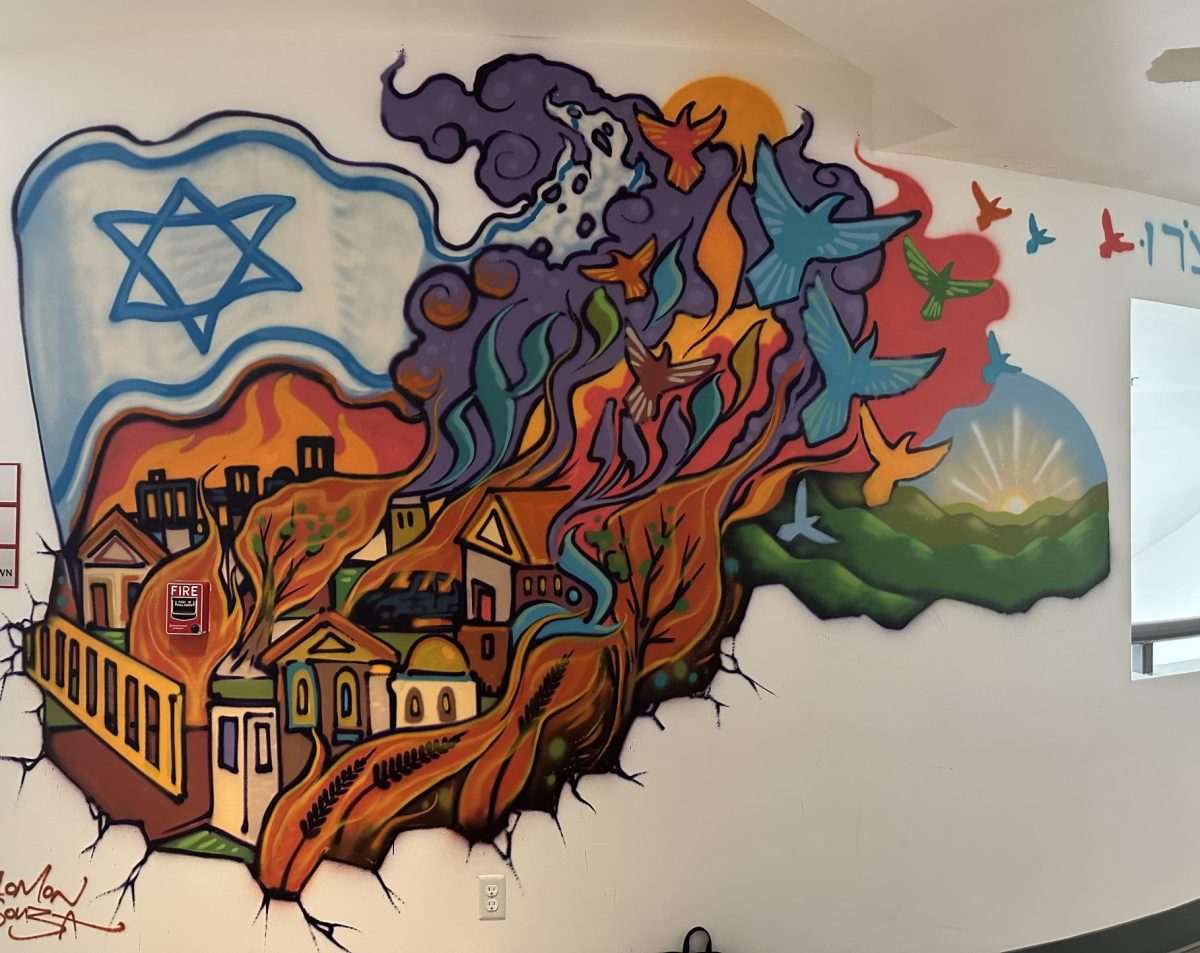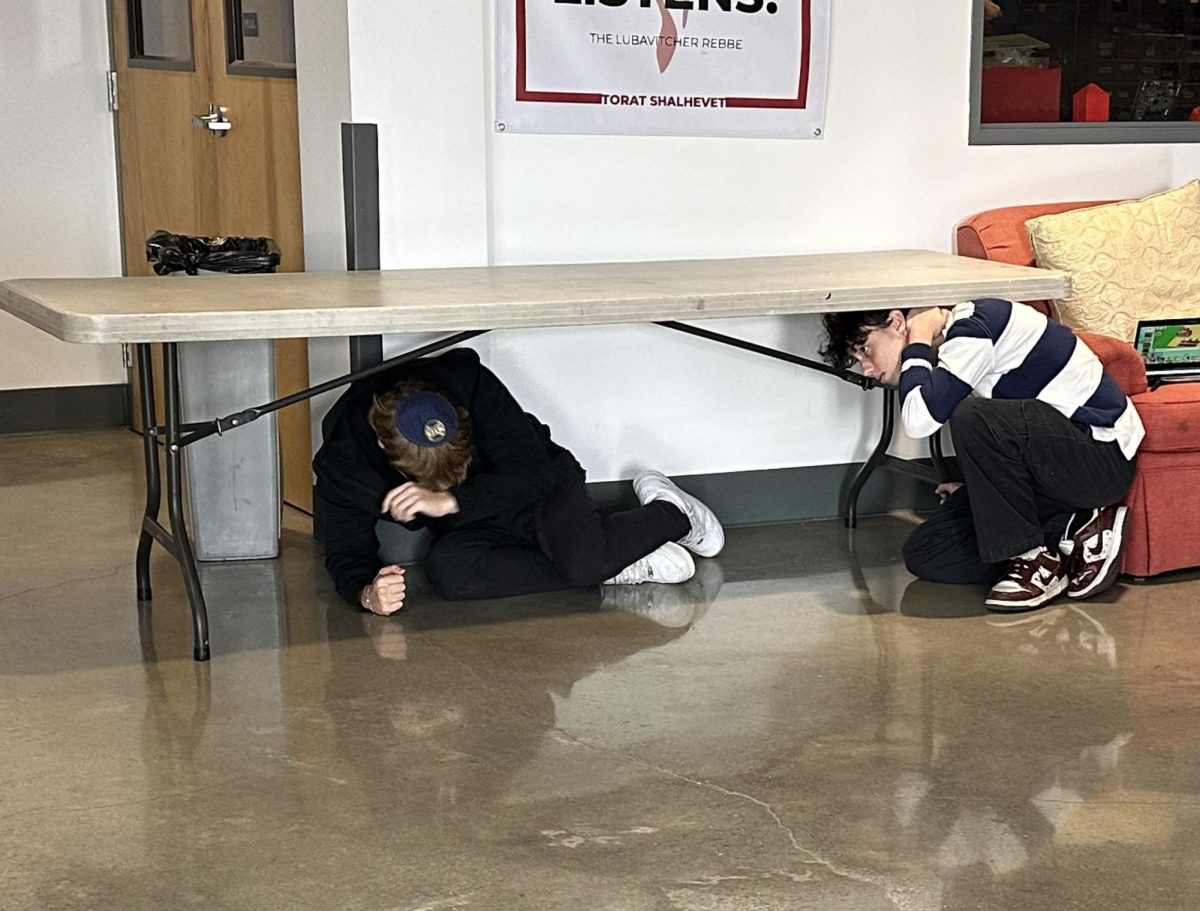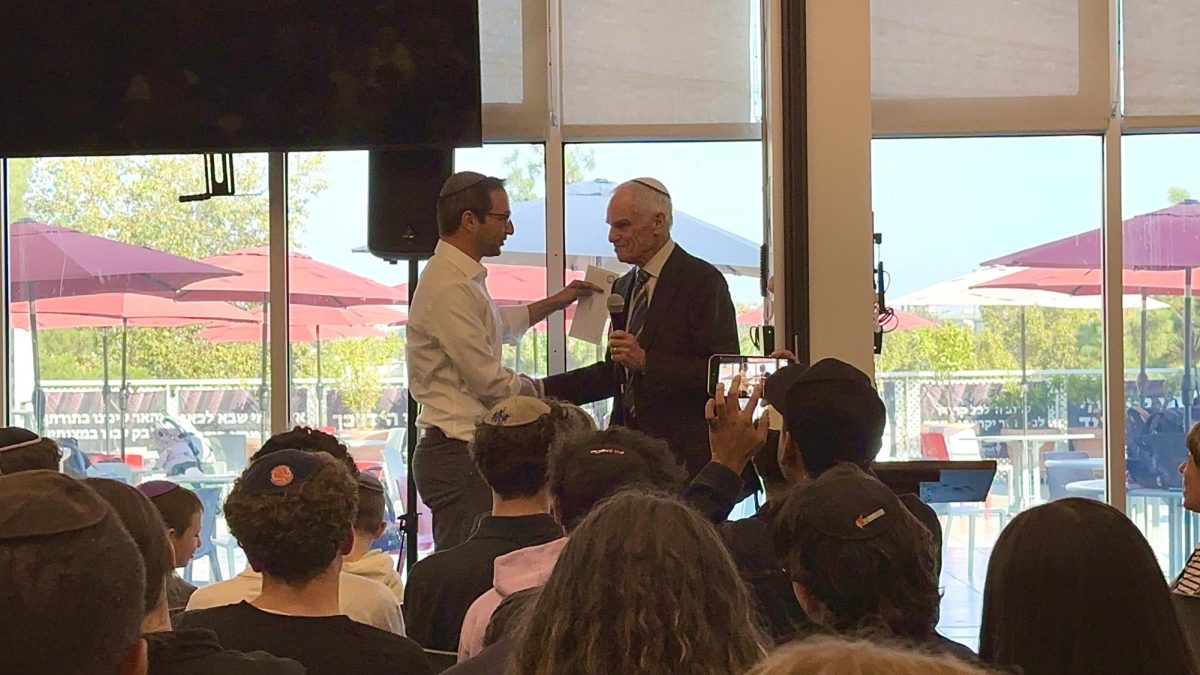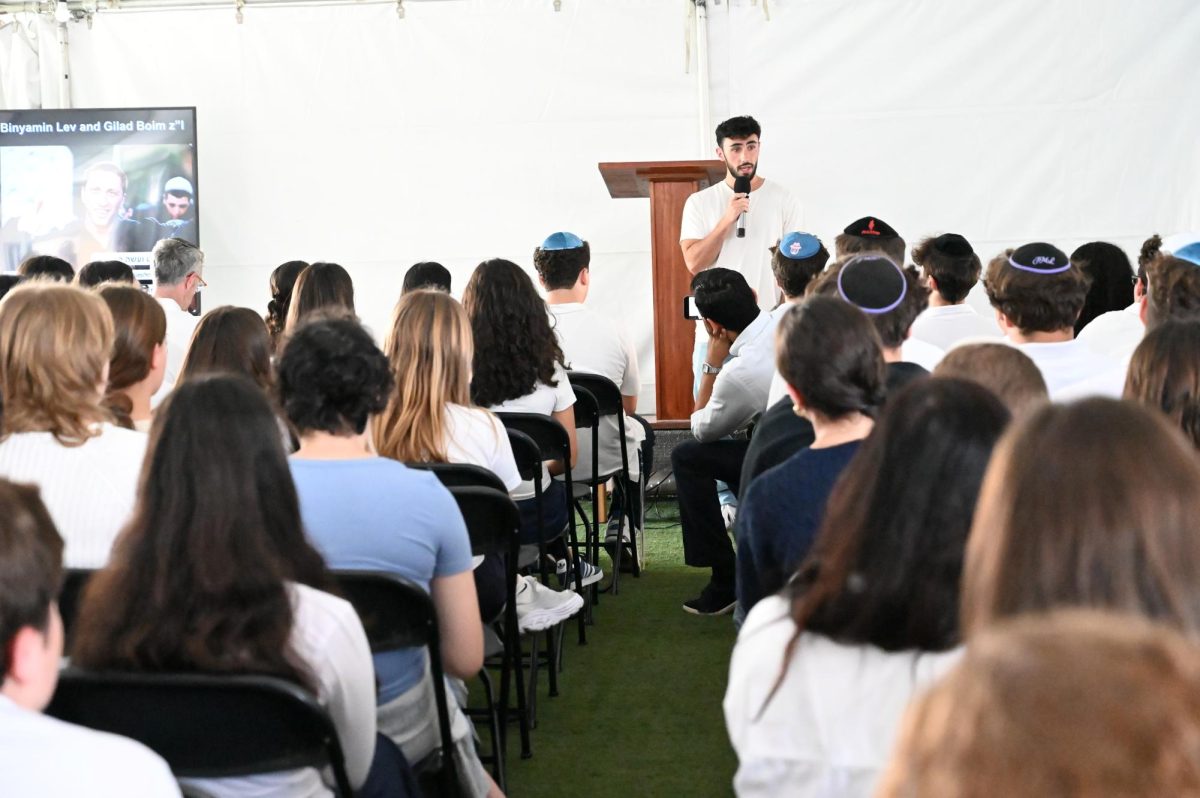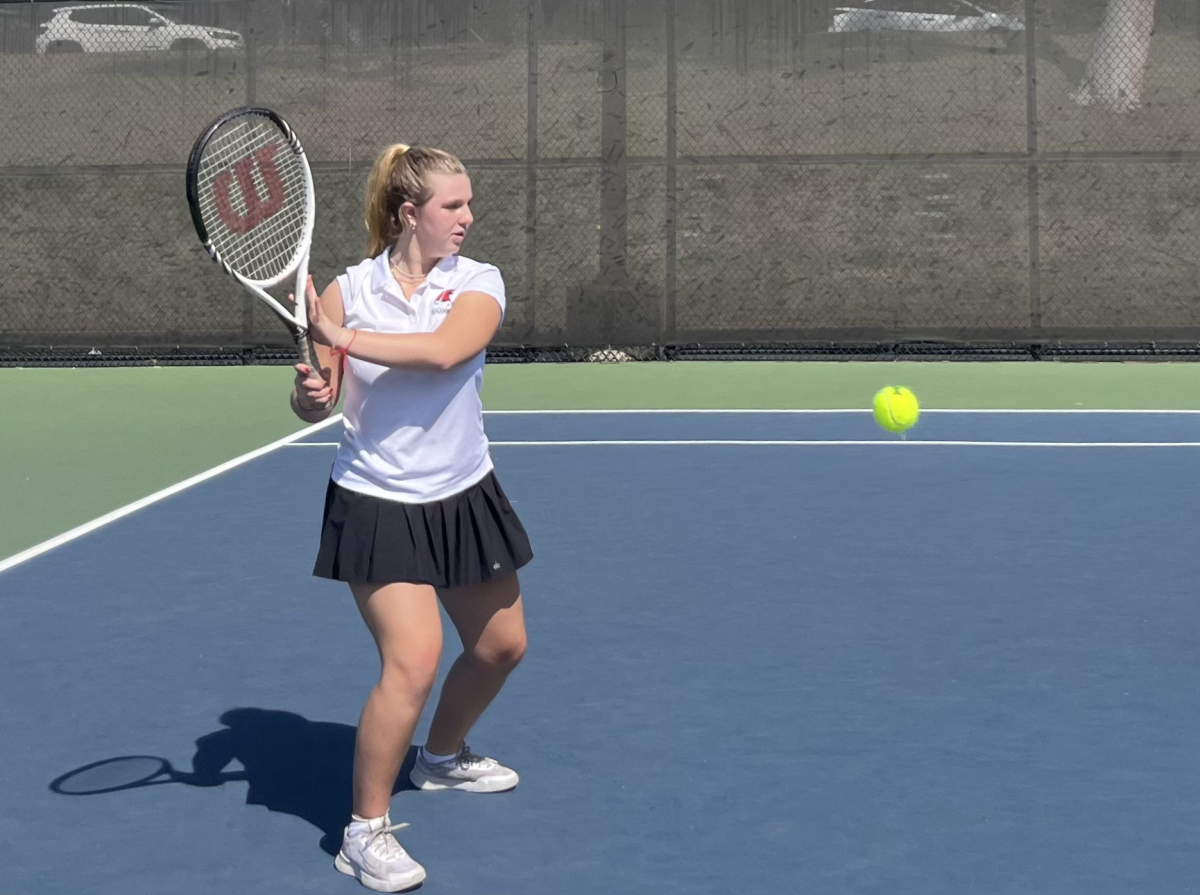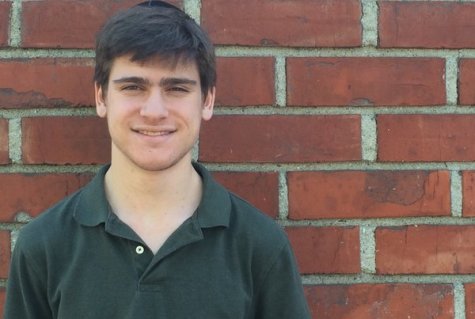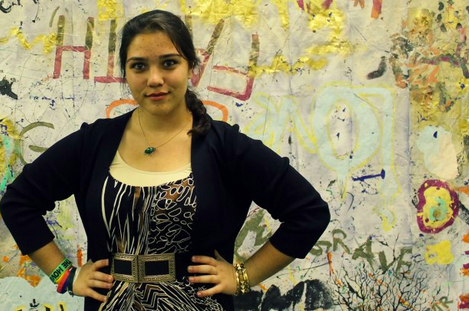
Local Muslim teens with relatives in Syria don’t have to turn on a TV or read the newspaper to follow the conflict unfolding in their ancestral homeland. They are keenly aware of what life’s like on the ground in Syria, because they hear about it from their cousins, grandparents, uncles and aunts who are there.
“They’re up in the hills a little bit, so they’re not at the center of violence in the city, but it’s still really difficult for them to get around,” said 17-year-old Mona Ghannoum, whose grandfather and uncle living in Damascus. “I have some more distant relatives who were kidnapped or killed.”
A senior at Arcadia High School just east of Pasadena, Mona is also vice president of the Muslim Youth Group of the Islamic Center of Southern California (ICSC), a moderate religious mosque whose teens have has collaborated with Shalhevet and the Boiling Point in the past.
Mona isn’t alone among Southern Californians in her connection to Syria. The conflict there, she said, has impacted the lives of thousands of Syrian-American teens, who have been driven to action in varying amounts, depending on what kind of situation their relatives are in.
At Shalhevet, the Syrian civil war has been discussed in some classes and clubs, and Shalhevet alumni in Israel – including relatives of Shalhevet students — have stood in line for gas masks, made more urgent by Syrian President Bashar Al-Assad’s use of chemical weapons in August.
But for Arab and Muslim students with direct connections, the effect of the conflict is real and not just threatened. Responses have varied.
Mona has been active in protesting against Bashar Al-Assad’s regime. She has been working with an organization called Helping Hands to send toys, clothing and supplies to Syrians in need.
Others of Syrian descent in the community have been active, and there are some who don’t oppose Assad.
“The Muslim Youth Group itself has not interacted in supporting one side or the other,” said Sami Ghanem, a high school senior and president of the ICSC youth group. “In the Muslim community, it’s not like everyone is for the protesters against Assad. The opinion is divided.”
Like Mona, Sami also has relatives in Syria, but they are in a different situation from Mona’s uncle and grandfather.
“My father’s side of the family lives in Syria, but they’re really lucky,” Sami said. “They live in an isolated village called Bhakeloran. It’s far away from the fighting so they’re relatively safe.”
While Sami’s relatives may not have directly experienced the full brunt of the conflict in Syria, Sami has witnessed its effects in another way.
“I haven’t visited Syria, but I’ve visited Lebanon and lived there for a little bit, about one and a half hours from the border with Syria,” Sami said. “About one million people have been displaced, and all the refugees flowing into Lebanon have been of some concern there. Still, Jordan has been getting the worst of it.”
About 145,000 Syrian refugees fleeing the civil war have been registered in Lebanon and 175,000 in Jordan, and it is estimated that there are many more living illegally in both countries. If not handled properly, news reports have said, an influx of unsettled refugees could destabilize the wider region both politically and economically.
“In the Muslim world, when one of our brothers is hurting, we all hurt,” said Mona.
While the Muslim Youth Group has not collectively taken a side, and advises against doing so, it also has not hesitated in attempting to aid innocent civilians caught up in the crisis.
“The conflict in Syria has been growing worse and worse, but it’s not too late before Syria collapses, and none of us want to see that,” Sami said. “We’re trying to get aid out to the people. We’re funneling money to different organizations to distribute it among refugees, and sharing videos of the horrors going on there to make people aware that the war has to stop.”
No matter what their stance on the war itself, Syrian-Americans don’t want their relatives to suffer. For Mona, one of her primary concerns right now is convincing her grandfather to flee Damascus.
“My grandfather is a huge politician there, so he has this whole mentality that he has to stay for his country and work for the people against the government,” she said. “It’s been really hard, but we’re trying to sway him and convince him to come here to safety.”
Shalhevet alumni in Israel have also paid attention to the Syrian unrest, especially after both Syria and Iran threatened to attack Israel if the United States intervened after chemical weapons were used. In addition, it seemed possible that chemical weapons might be sent to Israel over the border.
Alumna Tamar Rohatiner Bendheim, class of 2006, said she was nervous at first.
“There was a gas mask shortage, but eventually things worked out and we were able to get them,” said Tamar, whose husband is a pilot in the Israeli Air Force.
According to Max Rabin, class of 2004 and older brother of junior Avishai Rabin, said the situation does not feel out of the ordinary. He and his wife got a gas masks in November 2012, during Operation Pillar of Defense. This time the Israeli government issued a special gas-proof “tent” for their toddler daughter, Ayelet.
“It’s not a new sense of danger,” Max said. “The danger has always been there, just now the media is shedding a new light on it.”
Tamar described Israelis’ mood.
“It’s not really fear, but a sense of awareness,” Tamar said.
More than a military threat from Syria, she worried about the message sent by the United States to the world when Obama backed down from a threat to take military action in Syria.
“What it implies is that if in the future Iran starts a war in Israel, that the U.S. probably won’t get involved,” Tamar said.
While the situation in Syria has a less direct impact on students of Shalhevet, Mr. Feld, advisor to the school’s Israel Action Committee, said the conflict is both an important story and a timely case study in the principles of international relations.
“I’ve noticed there are students who have a natural interest,” Mr. Feld said. “I have seen students who don’t think of themselves as political really being able to dig pretty deep in the story and come up with sophisticated analysis.
“That we are talking about this means that this is important,” he added. “This is a story that could effect us for generations and I hope that the students will take the opportunity to really get involved, because it sounds corny, but their voice, their passion, their interest really does make a difference.”

